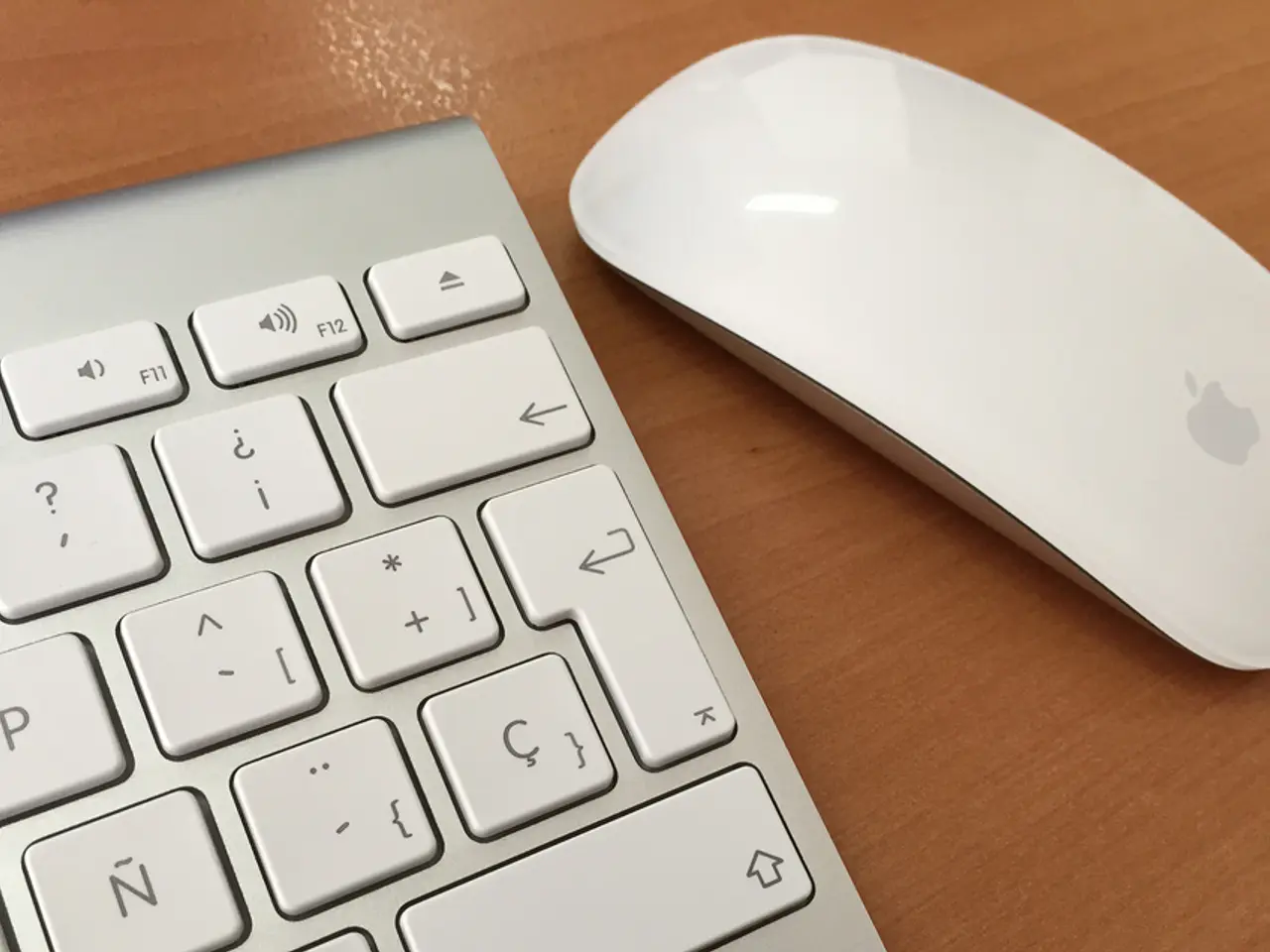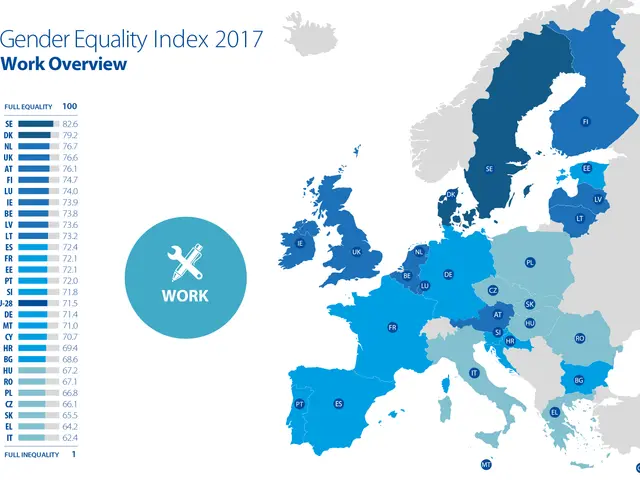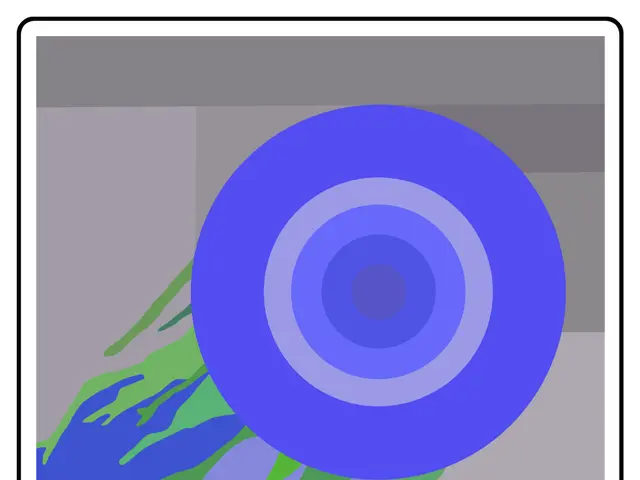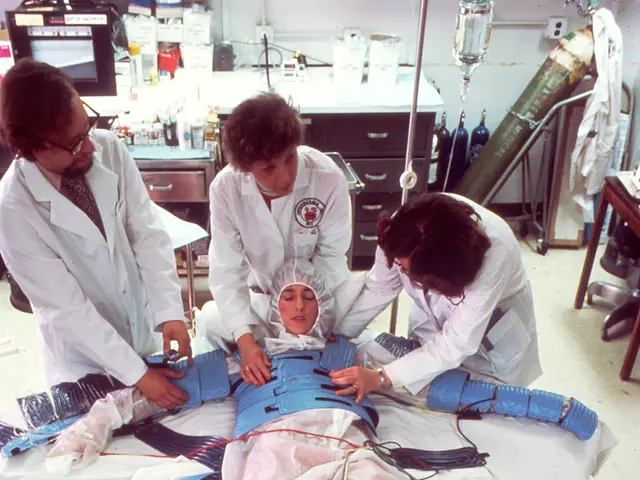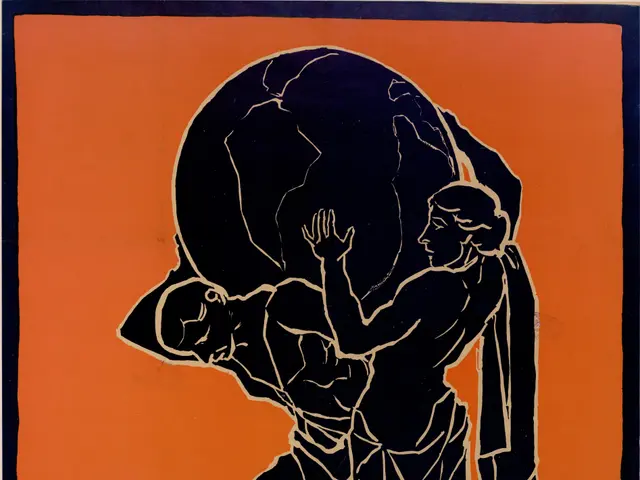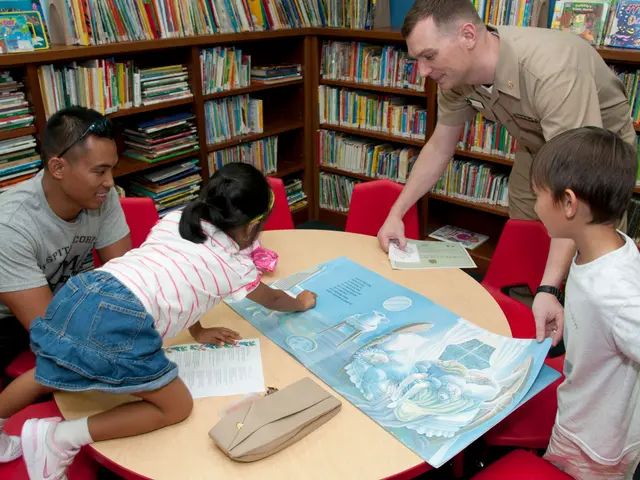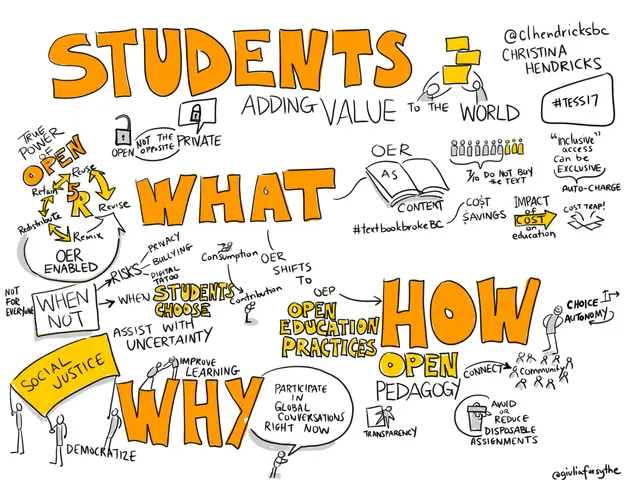Encouraging graduate students to develop entrepreneurial approaches to brain technology
In the summer of 2025, a unique practicum brought together graduate students from Brown University and Ben-Gurion University to invent and pitch ideas for neurotechnology startups. The format of the practicum, previously known as 'neurotech,' was renamed 'embodied brain technology' this year, reflecting its evolution and focus.
The practicum, which took place at Brown University with funding support from Lewis and Ina Heafitz, consisted of morning classes and afternoon group project work. The classes focused on idea generation, productive brainstorming, and bringing ideas to market, including lectures on patent and licensing practices.
One of the teams, led by Jacob Tajchman, a graduate student at Brown, was intrigued by the focus on market application. Tajchman's team created the Embracelet, a system that combines heart rate data with machine learning models to assess and prevent panic attacks. Their hard work and innovative idea paid off, as they were declared the pitch competition winners and received 3D printed dolphins and bragging rights.
The team's success was made possible by the diverse mix of academic and research interests within the group. Tajchman's team included students with backgrounds in neuroscience, data science, neuromorphic computing, and machine learning. Anton Pasternak, a master's student in cognitive and neuroscience at Ben-Gurion University, brought his programming expertise to the project. Adva Feldman, a master's student in electrical engineering at Ben-Gurion University, emphasised the importance of utilising each team member's skills for maximum production.
Another team of students was developing a headset with accelerometers to predict falls and help maintain balance, using EEG biomarkers. The dashboard device to prevent drowsiness was another project in the works, with students from various academic backgrounds, including clinical psychology, electrical engineering, neuroscience, and data science, collaborating on its development.
Throughout the practicum, the teams received feedback from venture capital experts, offering a different perspective than fellow scientists. The practicum also expanded this year to include students from Howard University and the University of Rhode Island, further enriching the collaborative environment.
The 'Praxis' startup competition was also supported by entrepreneurs such as Kerstin Vorberg, Managing Director of IW JUNIOR gGmbH, and Dorothea Schmidt from the Deloitte Foundation. The Deloitte Foundation awarded the special prize 'Best JUNIOR Pitch Deck' to the JUNIOR student company 'Vintaged Games' from Eichendorffschule in Kelkheim. The winning team received an exclusive Deloitte workshop on entrepreneurship, innovation, and founding in Frankfurt am Main, as well as the opportunity to participate in the European competition.
The embodied brain technology practicum provided a valuable opportunity for graduate students to apply their academic knowledge to real-world problems, collaborate with peers from different backgrounds, and gain insights from venture capital experts. The innovative ideas and projects developed during the practicum demonstrate the potential for neurotechnology to improve lives and revolutionise industries.
Read also:
- Crisis in a neighboring nation: immediate cheese withdrawal at Rewe & Co, resulting in two fatalities.
- United Kingdom Christians Voice Opposition to Assisted Dying Legislation
- Democrats are subtly dismantling the Affordable Care Act. Here's the breakdown
- Antisebum skincare products (cream, cleanser, and moisturizer) advocating for self-acceptance and skin confidence.
